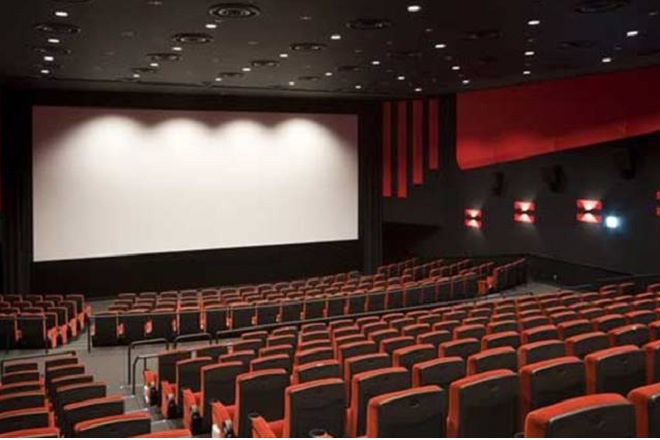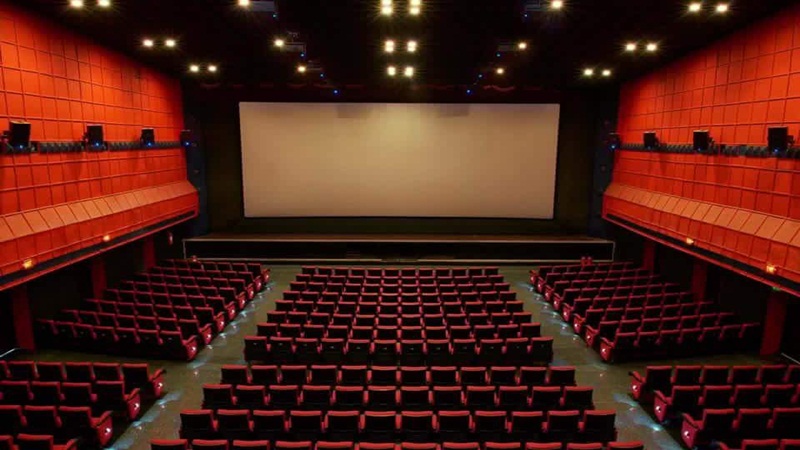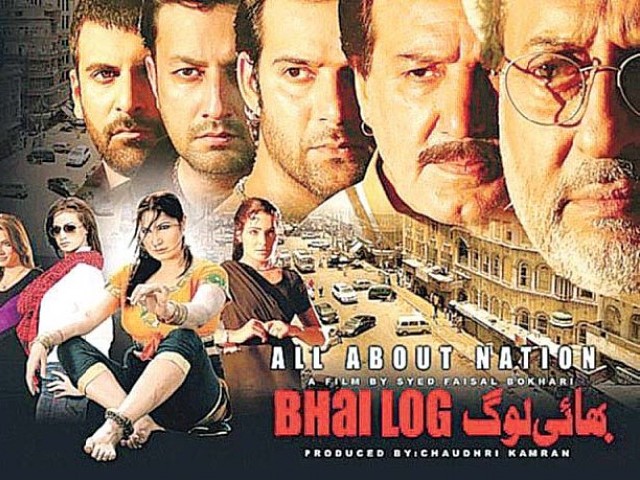
The rebirth of Pakistan's film circuit has been followed by the demand for more cinemas across the country. Bigger cities have started the construction of digital theatres, with the number currently standing at 140. The number of screens at each cinema is also in the process of increasing. As of now, an extra 200 screens have been added to existing cinema houses.
 PHOTO: INDIA TODAY
PHOTO: INDIA TODAYDetails provide that the last five years have seen a growing amount of modern cinemas, courtesy of Urdu films. The likes of Karachi, Lahore and Islamabad already have such halls.
According to stake holders, the next few years will see the construction of 500 new cinemas across the country due to the increasing amount of investors wanting to plough money into the business. Talking to The Express Tribune, the chairman of the Film Distributors Association, Chaudhry Ejaz Kamran said, "We hope to see an additional 500 modern cinemas in Pakistan in the next five years."
 PHOTO: FILE
PHOTO: FILEHowever, stakeholders have made it clear that the success of digital cinemas is associated with the strength of the local film industry. "The most important thing, in this regard, is for our industry insiders to produce good films which will strengthen our industry," Kamran stated. They also believe that the government of Pakistan should take an initiative and aid the film community.
It is important to mention here that nearly four decades ago, Pakistan's cinema industry was among the best in Asia and the cinema business was at its peak. There were nearly 800 cinema houses at the time, with 400 of these in Punjab.
Back then, Lahore was known as the hub of film-making with around 85 cinema halls within the city. Nonetheless, many of them were forced to shut down due to the crisis that hit the nation's film industry, leaving only 25 cinema halls. But the contribution of new talent to Pakistan's showbiz has allowed an increasing construction of cinemas.
 PHOTO: PUBLICITY
PHOTO: PUBLICITYSpeaking about the power of local cinema, Kamran mentioned that we do not need revenue from Indian films to keep our industry afloat. "This year, the occasion of both Eids proved that we can do good business without Indian films and that was commendable."
Kamran went on to talk about the possibility of increasing shareholders. "Many foreign investors have expressed their interest of expending in and contributing to our cinema business. Although this is great news, we still need our government to focus on welfare for Pakistan's film industry," he said.
Senior film director Iqbal Kashmiri also shared his two cents on the situation, affirming that although Urdu films have greatly impacted the film industry, Punjabi and Pashto films have done no less. "It's true that new cinemas have been constructed due to the revival of the film industry. However, while Urdu films have pitched in, we should not forget the importance of Punjabi and Pashto films."
 DESIGN: SAMRA AAMIR
DESIGN: SAMRA AAMIRHe continued, "Without them, this revival would not have been possible and without them, we can go back into a crisis. Punjabi cinema was once at the top of the game and there are still numerous viewers present in Punjab, wanting Punjabi films."
Kashmiri concluded by noting that most cinemagoers are from the lower class and are unable to afford high prices and therefore, traditional cinemas should come back into play.
Have something to add to the story? Share it in the comments below.
Edited by Ramsha Vistro

1721377568-0/BeFunky-collage-(18)1721377568-0-165x106.webp)



1732620609-0/Untitled-design-(9)1732620609-0-270x192.webp)

1732607724-0/Express-Tribune-(4)1732607724-0-270x192.webp)
1732600740-1/Untitled-design-(1)1732600740-1-270x192.webp)








COMMENTS
Comments are moderated and generally will be posted if they are on-topic and not abusive.
For more information, please see our Comments FAQ